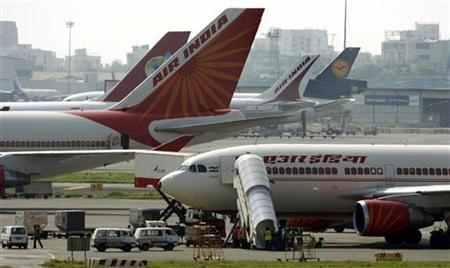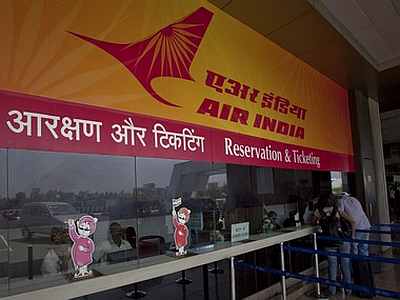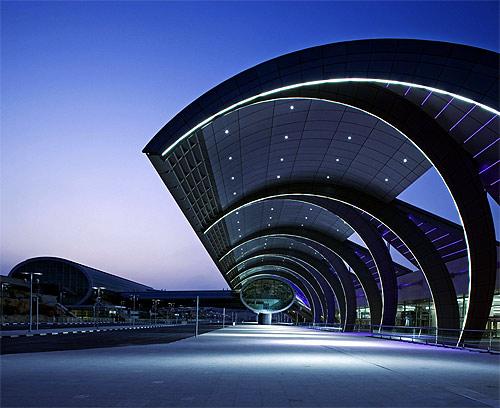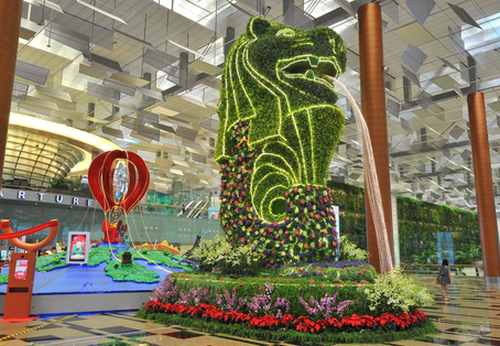 | « Back to article | Print this article |
India's aviation hub dreams face Dubai, Singapore challenge
The civil aviation ministry will, by the end of this financial year, provide the policy support needed by airports and airlines to create hubs in India.
But the airports would have to go out and market themselves, bring in traffic and make themselves hubs, said a senior ministry official, who did not want to be identified.
The ministry has issued a paper on the subject.
Indian airports have been at a disadvantage because of high taxes, cumbersome visa and foreign exchange norms, losing out to peers in the Gulf.
Click NEXT to read further. . .
India's aviation hub dreams face Dubai, Singapore challenge
The civil aviation ministry hopes addressing these will help Indian airports attract a large pie of the 28 million annual feeder traffic from neighbouring countries and inter-continental routes linking Europe and Southeast Asia.
After Wednesday's meeting of the the cabinet committee on infrastructure, Prime Minister Manmohan Singh announced an airline hub policy would be finalised and hubs operationalised at Delhi and Chennai in 2012-13.
According to the ministry's data, 37 mn passengers flew to/from India in 2010-11, of which 11.4 mn were connected by hubs outside India.
Click NEXT to read further. . .
India's aviation hub dreams face Dubai, Singapore challenge
Essentially, this means 11.4 mn passengers had flown to their destination via a transit point like Dubai or Singapore, instead of taking a direct flight from India.
Indian airlines fly 30 per cent of international traffic to/from India and have been unable to tap passengers on inter-continental routes.
The aviation hub policy aims to capture traffic on all such routes which now bypass India and connect via Gulf airports.
Neighbouring countries such as Nepal, Bangladesh and Sri Lanka can feed up to 11 mn passengers to Indian airports, while inter-continental routes (Europe-Southeast Asia or Europe-Australia) can add another 17 million international transit passengers.
Click NEXT to read further. . .
India's aviation hub dreams face Dubai, Singapore challenge
"On Europe-Southeast Asia, Emirates and Singapore Airlines account for eight and 13 per cent traffic, respectively, whereas Indian carriers are capturing less than one per cent,'' the ministry says in its concept note.
"Aviation, tourism and global brand-building have not been a national priority in India like say in Singapore, Dubai, Thailand and Malaysia," said Amber Dubey, partner and head (aviation) at KPMG.
"We need to attract transfer traffic -- both passengers and cargo -- from our South Asian neighbours.
"The retaliation from leading hubs like Dubai. Doha, Bangkok and Singapore will be fierce and only the most efficient hubs will sustain."
An aviation expert said Dubai had hassle-free visa on arrival and transit visa process. Singapore offers free city tours to transit passengers, while Dubai and Kuala Lumpur do so at a nominal fee.




